German zoo keeper finds new family in Vietnam
Elke Schwierz has enjoyed every moment at Cuc Phuong National Park in northern Ninh Binh Province for the past 15 years.
| |
Elke plays with gibbon Sonny, one of the most relaxing moment in her working day at the EPRC. (VNS Photo Le Huong)
Waking up after good night’s sleep, the birds twitter in the trees welcoming fragile sunlight filtering through dense layers of leaves.
Staff at the Endangered Primate Rescue Centre start work at 6 a.m. looking after our "distant relatives" seized from illegal traders and hunters supplying collectors and the cooking pot. They pide into groups to search for leaves and fruit to feed the animals nurtured at cages at the centre.
They have two areas to look after: a semi-wild area for primates that need a lot of medical attention, and a semi-wild area with no cages, but natural trees, plants and streams like in the forest.
However, the semi-wild forest is still fenced off from the real world. When the primates get their health back and form into families in the cages, the experts send them to the semi-wild area to prepare them for release into the wild again.
Between her tasks, German expert Elke blows foam bubbles to entertain a gibbon named Sonny inside a cage. She laughs loudly when it jumps up and down catching the bubles. She chats to him as a friend by the morning coffee table.
| |
Elke (second from left) spends most of her time with the primates at the centre. (VNS Photo Viet Thanh)
Elke arrived at the EPRC in 2002 and stayed for five years with support from the Society for the Conservation of Species and Populations (ZGAP).
Then she began working for Leipzig Zoo and was then sent as head keeper to the EPRC at regular intervals as part of the zoos’ keeper training programme.
“I studied three years to become a zoo keeper,” she said, “Four days a week I practised at the Berlin Zoo. I wanted to be a zoo keeper since I was small. I would do anything to be a zoo keeper.”
When Elke first arrived in Vietnam, she did not know how to take care of primates. “I learned every day at the centre,” she said.
Elke said she respected Vietnamese staff as they had not joined any professional courses on zoo keeping but could take good care of primates. She said her duties involved taking care of small primate babies.
“We feed milk to the babies every two hours both days and nights like real mothers,” she said, “But the most dificult time is when they get older, about three months, they start to learn how to eat leaves while gradually quitting milk.”
Elke said she and other caretakers had to train the babies to stay alone to become more independent.
“The babies cry at night as if they miss their ‘mothers’,” she said.
“Taking care of primate babies is rather complicated,” she said, “Many big zoos in the world fail to be able to look after primates. They oftens email or phone us for our advice.”
Many staff at the centre live in rough conditions, without showers or clean toilets, yet they consider themselves very fortunate as they are raising the most precious endangered primates in the world, such as Voọc Cát Bà (Golden Headed Langur, Trachypithecus francoisi poliocephalus), Voọc Mông Trắng (Delacour’s Langur, Trachypithecus delacouri) and Voọc Chà Vá Chân Xám (Grey-Shanked Douc Langur, Pygathrix cinerea), she said.
An advantage of bringing up primates in Vietnam is that there is plenty of their native leaves, fruits and flowers around.
As a professionally trained zookeeper, Elke has been able to pass on valuable knowledge and skills to EPRC staff.
She practises Vietnamese and Muong languages to work directly along side the head keepers to oversee all day-to-day ground operations and training of staff to take care of the 180 primates at the centre.
She first intended to work at the ECRF for few months, but she was so inspired by the local environment that she decided to stay longer.
“When I came here first, I was really young and inexperienced, I did not think much about the difference between Vietnam and Germany,” she said, “I did not care about heat, mosquitoes, or food. I found all Vietnamese food delicious. My mother was also worried for me. But she has got used to my absence.
“Vietnam is now more developed than before,” she said, “But I am more worried at the actions of the wealthy. Many rich people now visit Cuc Phương at weekend. They order meals of wild animals at provincial restaurants, they dump rubbish everywhere - and behave badly to the centre’s staff.”
| |
Elke (right) guides volunteers and staff at the EPRC in making toys for the primates. (VNS Photo Viet Thanh)
Elke sympathises with the hard working staff. They have to gather 380kg of up to 10 kinds of leaves per day to feed the primates. In her free time, she joins in making toys for the primates - and checking their health.
“She is very friendly and has an immense love for the animals,” said Bui Thi Hanh, a staff at the centre, “Though sometimes she requires strict rules, she spends her time and energy on the primates. We consider her a Vietnamese friend.”
Elke expressed her worries about a rising problem among Vietnamese to use up nature for personal purposes.
"I was really impressed by some young people who received training overseas and returned to do a lot for wildlife in the country," she said.
“But the situation is now alarming. If we don’t do something now, we will lose a lot of rare animals like the loris and langurs. We now no longer see such animals in the wild areas in Vietnam,” she said./.
VNF/VNS
Recommended
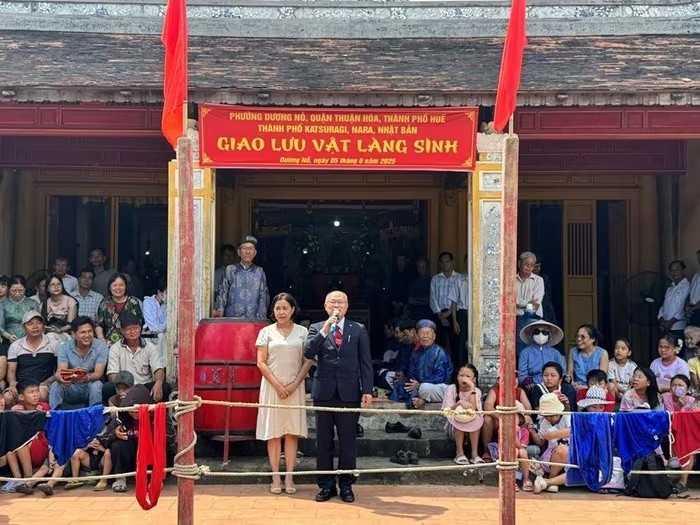 Viet's Home
Viet's Home
Traditional Martial Arts Exchange between Sinh village (Hue City) and Katsuragi City (Japan)
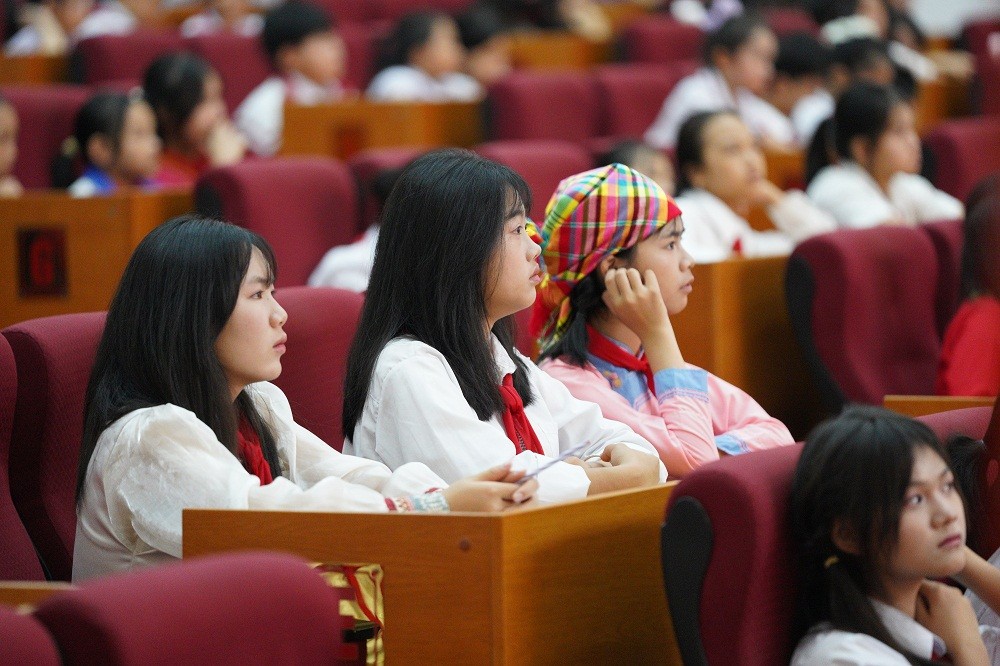 Viet's Home
Viet's Home
Lai Chau National Assembly, People's Council Delegates Hold Dialogue with Children
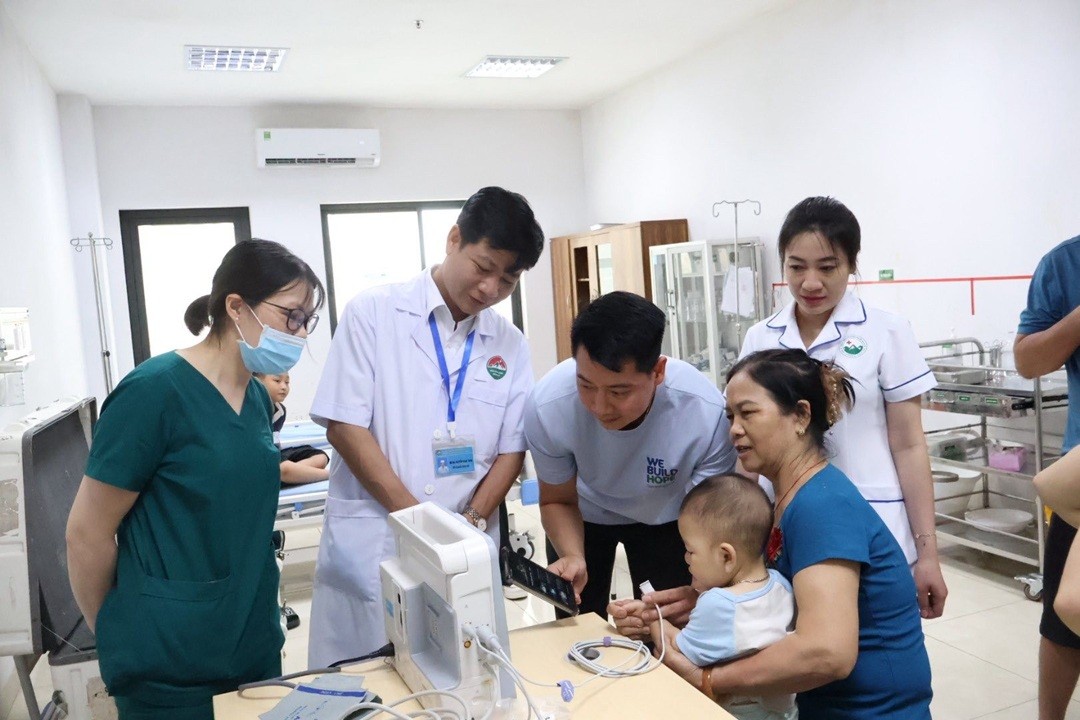 Viet's Home
Viet's Home
24 Children with Disabilities in Northern Provinces Received Free Surgery
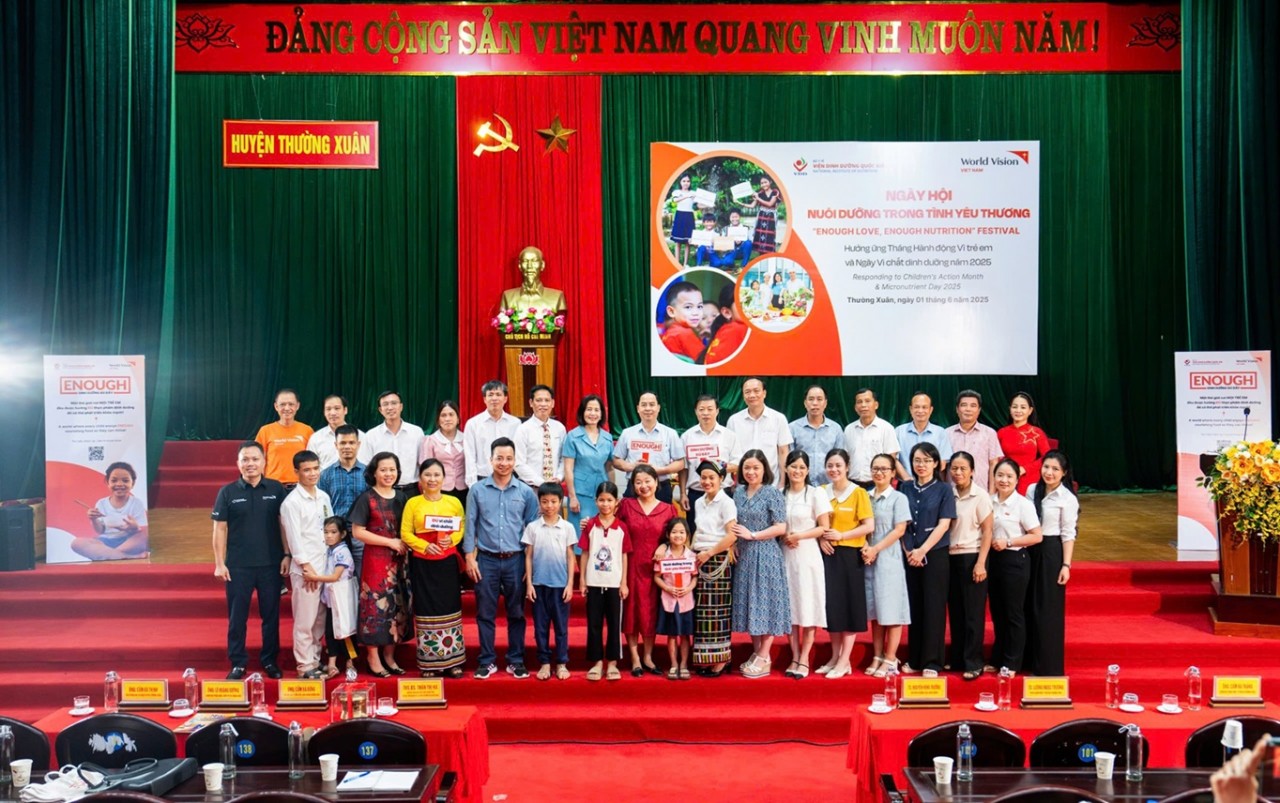 Viet's Home
Viet's Home
World Vision Promotes Comprehensive Nutritional Care for Vietnamese Children
Popular article
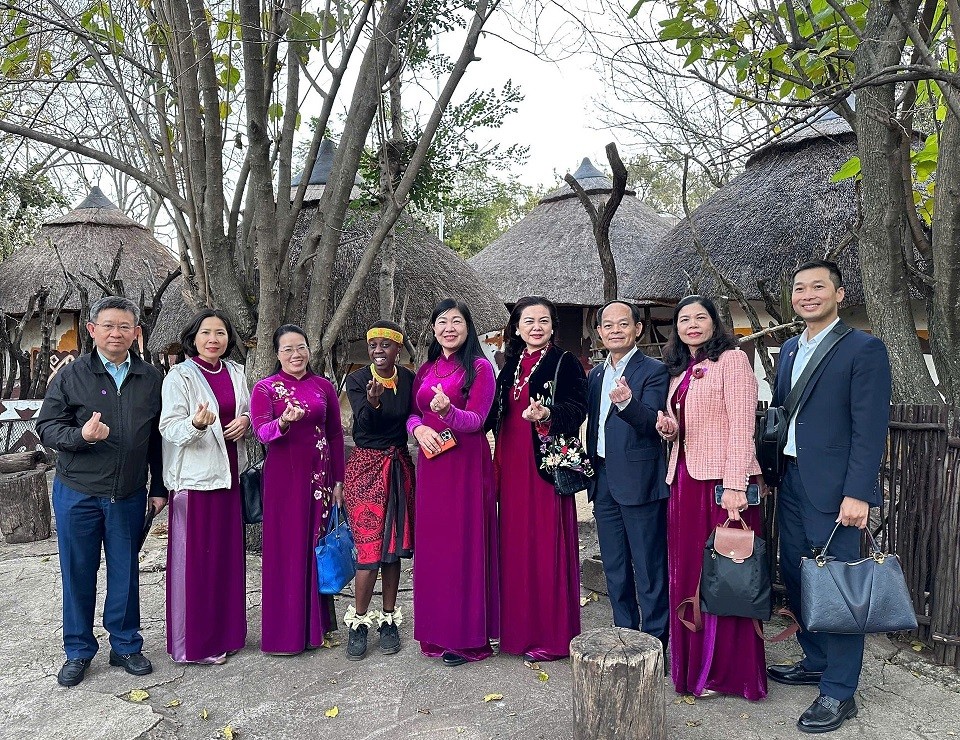 Viet's Home
Viet's Home
Hanoi, South Africa Strengthens People-to-people Exchanges, Expands Multi-sector Cooperation
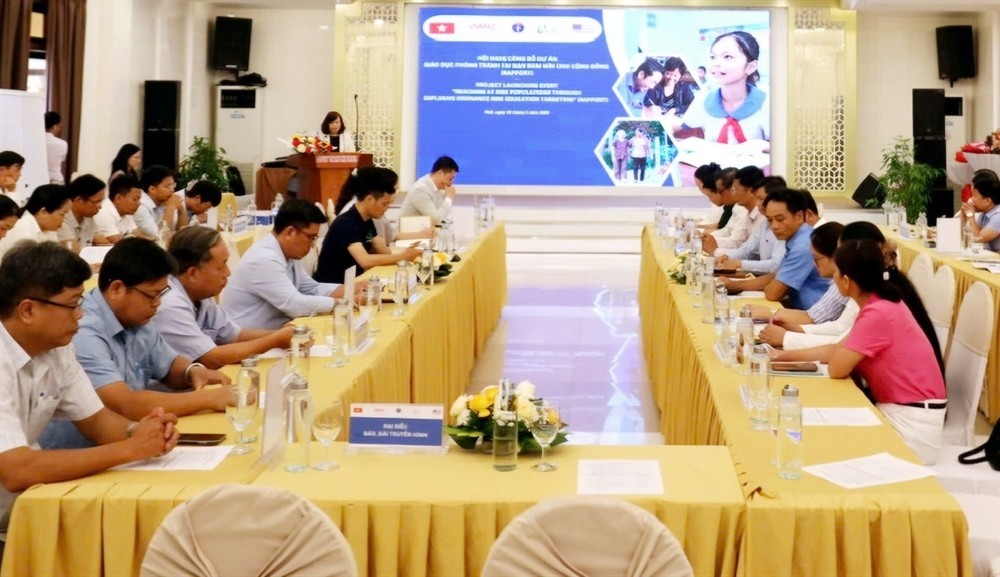 Viet's Home
Viet's Home
Hue City to Raise Awareness on Mine Accident Prevention
 Focus
Focus
Vietnam Leaves Imprints on the World Peacekeeping Map
 Viet's Home
Viet's Home



